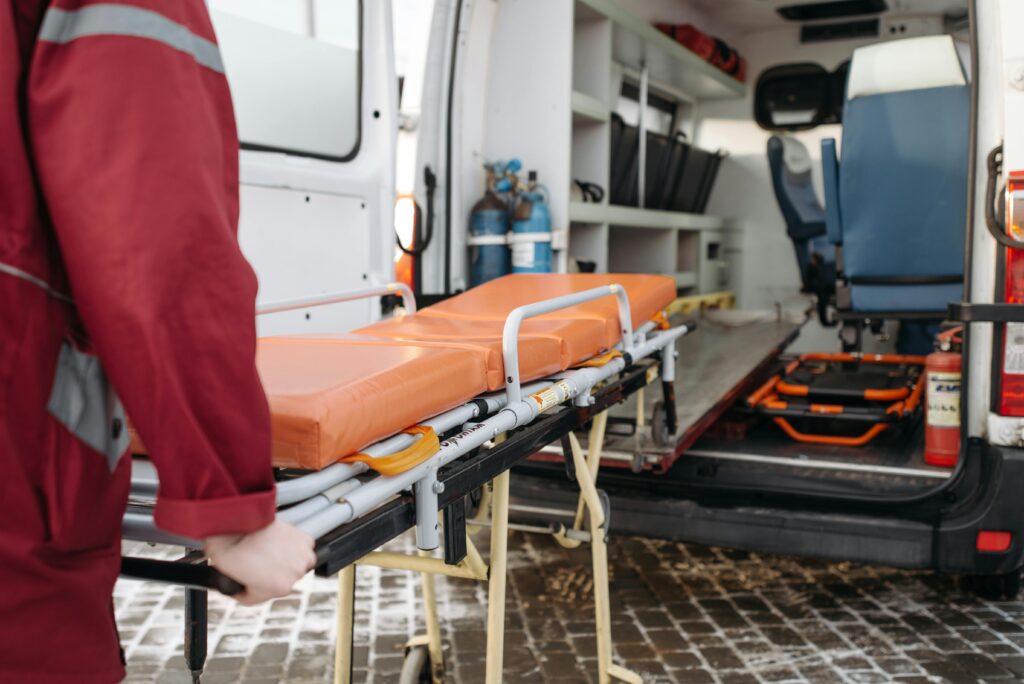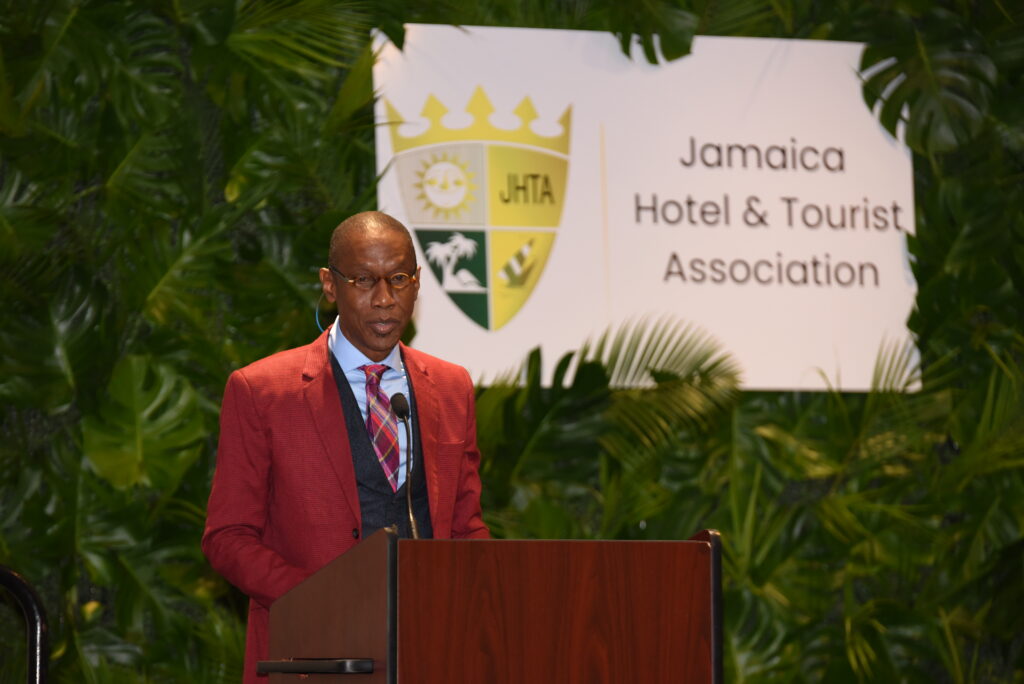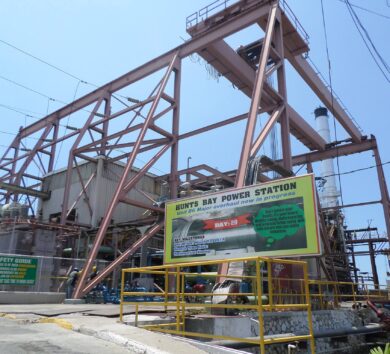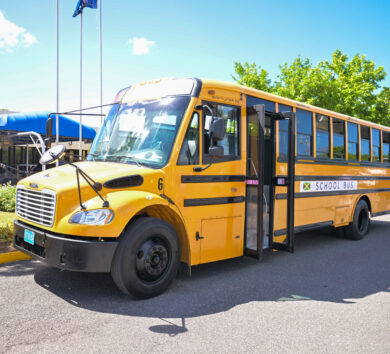

Article by Christopher Jarrett
The Jamaica Hotel and Tourist Association (JHTA) expresses deep concern over the current state of emergency medical response in Negril, following yet another tragic incident in which ambulance response was severely delayed — a delay that may have contributed to the loss of life.
While we acknowledge that there are currently two ambulances assigned to Westmoreland — one based in Savanna-la-Mar and the other in Sheffield, Negril — we must ask the critical question: Can one ambulance realistically and reliably serve the entire corridor from Sheffield to Green Island?
This is not a rhetorical question. Negril now accounts for roughly 25 per cent of Jamaica’s total tourist arrivals. It is home to a growing population and is a key economic hub supported by hotel staff, suppliers, tour operators, and local residents.
The increase in tourism activity, commercial deliveries, and employee transportation has led to significantly higher traffic volumes — and with that, an increase in the likelihood of emergency incidents. It is evident that Negril’s emergency response capacity has not kept pace with this growth.
Worsening this reality is a troubling pattern: both ambulances previously assigned to Negril have been involved in major accidents within the past two years, raising urgent questions around:
- The qualifications and certification of those tasked with operating emergency vehicles;
- The adequacy of insurance coverage and accountability protocols when crashes occur;
- And the turnaround time for repairs and replacements — which must be significantly improved to prevent prolonged service gaps.
We acknowledge and are grateful for the support provided by the Tourism Enhancement Fund (TEF) and the Government of Jamaica, including the procurement of ambulances and the J$7.6 million renovation of the Negril Fire Station.
But a one-time investment is not enough. Ongoing maintenance, operational support, and a clearly defined sustainability plan are essential if we are to maintain reliable service in one of Jamaica’s most high-traffic regions.
As president of the JHTA, I empathise with local stakeholders and respectfully raise the question of whether additional support may be needed to strengthen further protections for both citizens and visitors in Negril — a town that continues to play a vital role in Jamaica’s tourism economy.

Tourism Minister Edmund Bartlett has consistently emphasised that safety underpins destination confidence. Without dependable emergency services, we risk not only public health, but also Jamaica’s global reputation as a premier tourist destination.
We therefore call for an urgent and comprehensive review of Negril’s emergency response framework, including:
- A well-staffed and certified team of emergency vehicle operators;
- A robust maintenance and repair programme to keep ambulances consistently in service;
- Traffic interventions such as speed bumps, rumble strips, and traffic lights along high-risk areas between Negril and Sandy Bay;
- And sustained collaboration among the Jamaica Fire Brigade, Ministry of Health, TEF, local authorities, and the private sector to build a resilient, scalable system for medical emergencies.

The JHTA stands ready to collaborate with the Government of Jamaica and its agencies to address these gaps and ensure that Negril’s infrastructure reflects its value to the national economy.
The tourism industry is one of Jamaica’s greatest assets — and so are the people who power it. They deserve more than a single ambulance between Sheffield and Green Island.
Let us act now — before another emergency goes unanswered.
Christopher Jarrett is president of the Jamaica Hotel and Tourist Association (JHTA). Send feedback and comments to [email protected].







Comments